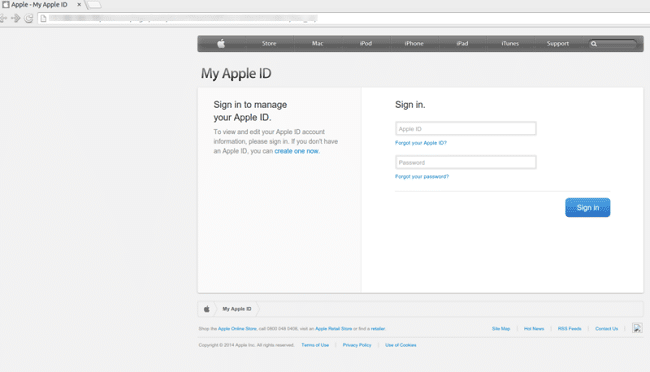In-brief: A Symantec survey of smart home products found a raft of common security mistakes, from weak (or missing) authentication to exploitable software vulnerabilities.
Symantec
Regin Espionage Tool Active since 2008 | Symantec Connect
Symantec on Sunday published research describing a new family of malware that it claims has been circulating, quietly, for close to six years. (Gulp!) According to a post on Symantec’s Security Response blog, Regin infections have been observed as far back as 2008, but the malware went quiet after about 2011, only to resurface in 2013 in attacks on a wide range of targets including private and public entities and research institutes. Symantec also observed the malware used in attacks on telecommunications firms and say it appears the malware was being used “to gain access to calls being routed through their infrastructure.” In a separate research paper, Symantec describes the malware, dubbed “Backdoor.Regin” as a multi-staged threat that uses encrypted components – installed in a series of stages – to escape detection. The key the malware’s stealth is compartmentalization, Symantec found: “each individual stage provides little information on the complete package. Only by acquiring all five stages is it possible […]
Uncle Sam Taking a Back Seat in Cyber Defense | Bloomberg
Bloomberg has a story on the collaborative, private sector effort to thwart an industrial hacking campaign linked to Chinese intelligence. The effort, which involved firms like FireEye and iSight Partners “demonstrates for the first time a private-sector model that they believe can move faster than investigations by law enforcement agencies,” the report said. From the article: The take-down largely bypassed traditional law enforcement tools, relying instead on cooperation between companies that are normally fierce competitors. Coalition members — which include Microsoft Corp., Cisco Inc. and Symantec Corp. — say they can act faster than governments because they operate global Internet systems and have business relationships with tens of thousands of companies. Read more via China-Linked Hacking Foiled by Private-Sector Sleuthing – Businessweek.
Home Depot Acknowledges Breach of Payment Systems
Almost a week after public reports named Home Depot as a possible victim of a sophisticated cyber attack, the home improvement giant has acknowledged that it was hacked. In a statement on Monday, Home Depot said that an internal investigation confirmed a “breach of our payment data systems” took place. The breach affects the company’s U.S. and Canadian stores, though not its Mexican locations or online transactions, the company said. The incident also appears to have been long-lived. Home Depot estimates that the breach dates to April, 2014. The company did not say when it was finally shut down – though that date could be as late as July. Home Depot has been investigating the incident since it was first disclosed by Brian Krebs at the blog Krebsonsecurity. Krebs was alerted to the incident after large quantities of stolen credit cards began appearing on cyber criminal forums. Sources at […]
Report: Apple IDs Targeted by Kelihos Botnet
There’s an interesting post over on Symantec’s blog about a shift noted in the behavior of the Kelihos botnet in recent days. According to Symantec, Kelihos operators have turned their attention to Apple customers, launching a phishing email campaign aimed at Apple iCloud users and Apple ID’s and passwords. According to the post, Symantec has observed Kelihos (also known as Waledac) being used to send spam emails purporting to be from Apple, informing the victim that a purchase has been made using their account on the iTunes Store. Samples of the emails discovered by Symantec bear the subject line “Pending Authorisation Notification.” The body of the phishing email says that the victim’s account has been used to purchase the film “Lane Splitter” on a computer or device that hadn’t previously been linked to their Apple ID. The email gives an IP address that was used to make the alleged purchase and […]




